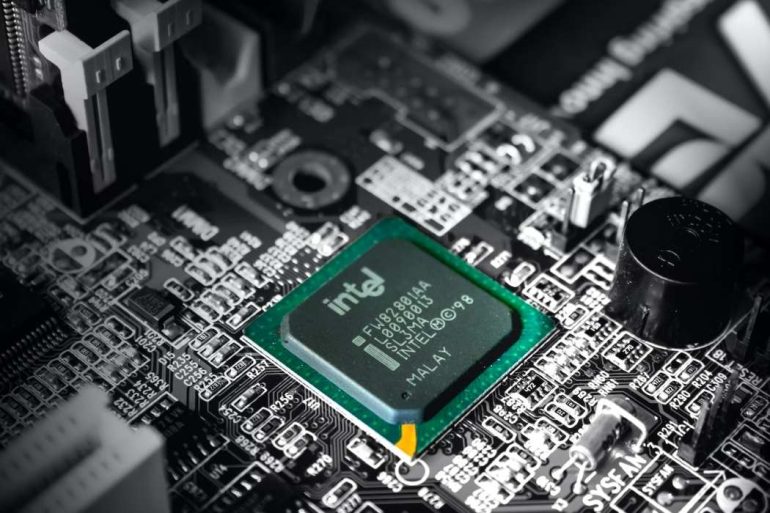Montréal-based artificial intelligence (AI) research institute Mila is expanding its partnership with global tech company Intel for another three years.
The extension of Mila and Intel’s collaboration will include 20 researchers across the firms, and focuses on developing AI methods to address global challenges such as climate change, new materials discovery, and digital biology.
Led by Canadian AI luminary Yoshua Bengio, Mila has a community of more than 900 researchers covering fields such as generative models, natural language processing, and computer vision. The institute was created in 1993 as a result of a partnership between the Université de Montréal, McGill University, Polytechnique Montréal, and HEC Montréal.
Mila has been active in its partnerships strategy, expanding and establishing a number of collaborations with international organizations, such as Desjardins, Armilla AI, Ahead.IO Labs, BusPas, Banco Do Brasil, and AI Redefined, among others.
Earlier this year, Mila partnered with Twitter’s data and machine learning group, Cortex, to establish open research engagements between the two organizations. Mila also partnered with AI Sweden in February, with an undisclosed amount of funding from Sweden’s innovation agency Vinnova.
RELATED: Mila partners with Twitter’s data and machine learning team
Intel and Mila initially formed their strategic partnership in April 2021, with a primary focus on new AI methods to accelerate discovery in the space of drugs. That project involves Mila’s researchers and parallel computing experts from Intel using large-scale, high-performance computing.
At Intel’s Vision event in May, Intel’s new CEO Pat Gelsinger highlighted that AI will become central to the company’s future products
Intel AI lead Wei Li told VentureBeat in August that Intel’s strong connection between software and hardware makes the company “stand out and ready to compete” in the AI space.
“The biggest problem we’re trying to solve is creating a bridge between data and insights,” Li told the outlet. “The bridge needs to be wide enough to handle a lot of traffic, and the traffic needs to have speed and not get stuck.”
Currently, Intel’s suite of AI and deep learning solutions include processors, AI accelerators, software, and compiler optimization tools. Intel acquired Israeli firm Habana Labs in 2019 for approximately $2 billion in an effort to bolster Intel’s portfolio of AI technologies. Habana Labs develops programmable deep learning accelerators for data centers.
Featured image from Slejven Djurakovic via Unsplash.


